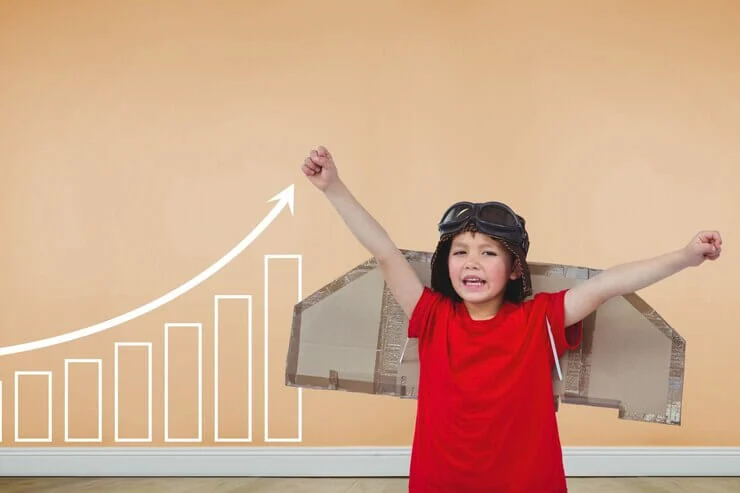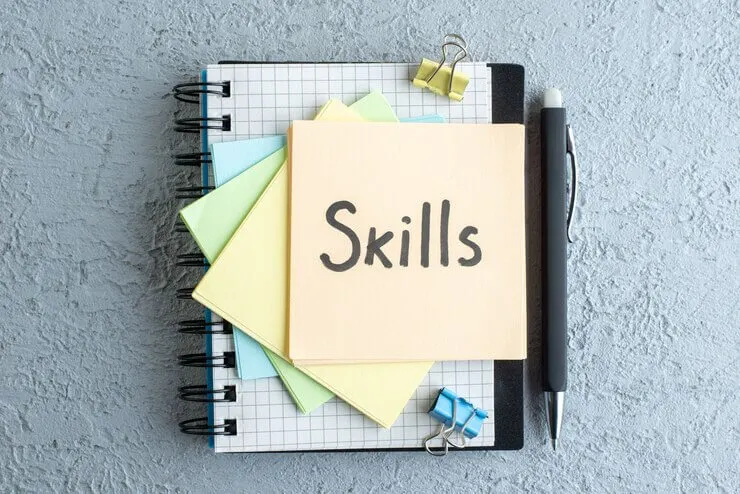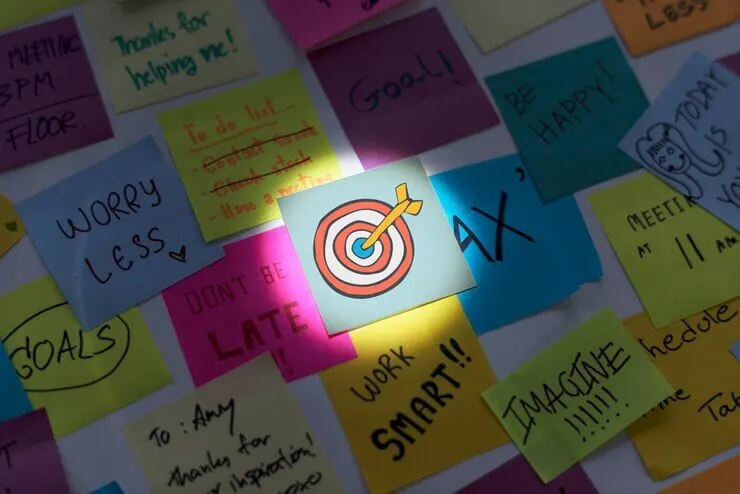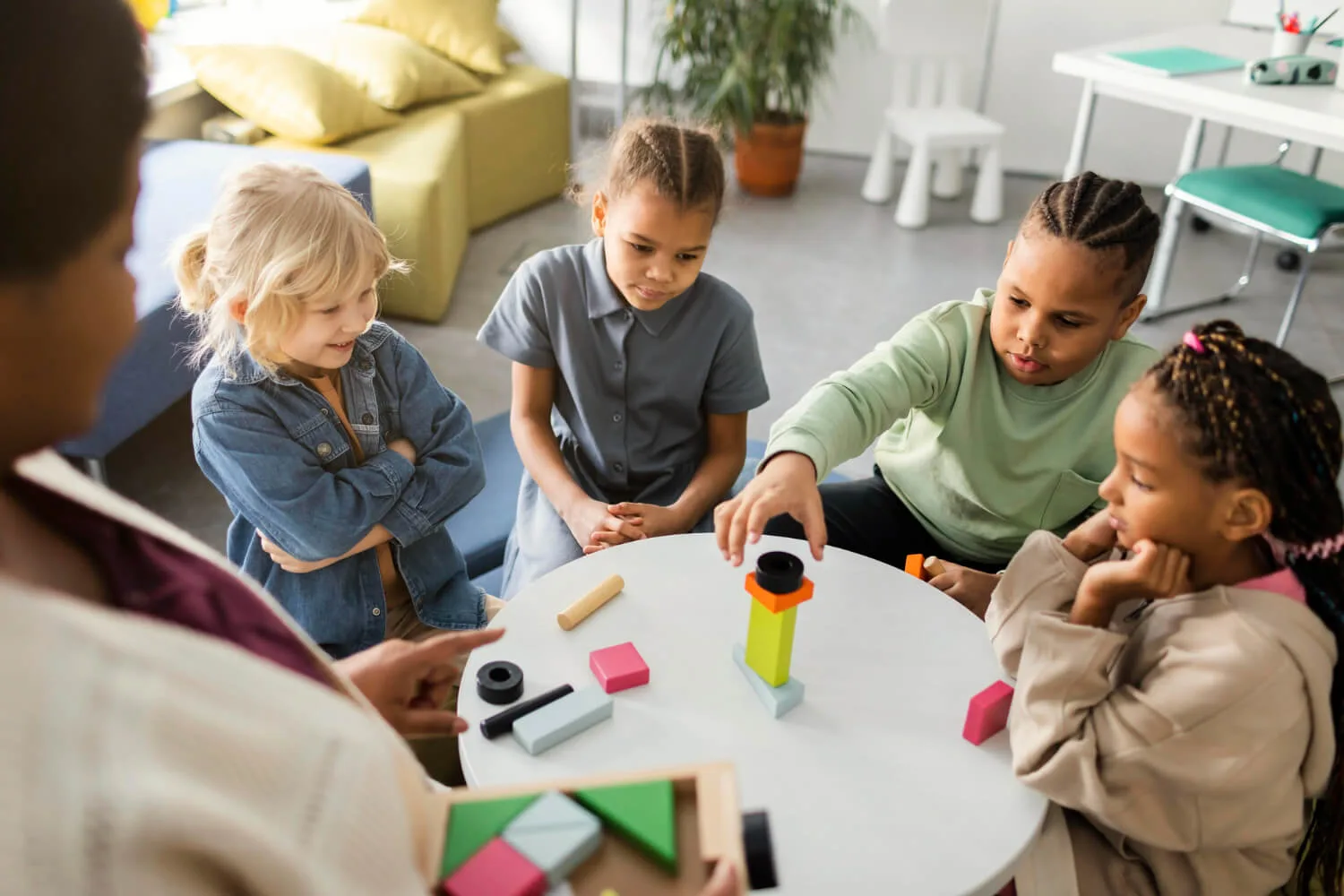Top Social Skills Activities
Building strong social skills is one of the greatest gifts you can give your child. Whether it’s forming friendships, understanding emotions, or learning to collaborate, these essential abilities lay the foundation for a fulfilling and successful life. As a parent, you might wonder how to guide your child in this area, and the good news is that there are plenty of fun and engaging social skills activities that can make the process enjoyable for both of you.
In this article, we’ll explore the importance of social skills, identify signs that your child may need extra support, and dive into a collection of the best activities to help your child thrive in their relationships. Let’s get started!
Table of Contents
Why Social Skills Are Essential for Your Child’s Growth

Social skills aren’t just about making friends. They’re about learning to navigate the world, communicate effectively, and build meaningful connections. These skills influence how your child interacts with others, resolves conflicts, and works within a team. Strong social skills can even boost self-esteem and academic performance.
A Personal Reflection
Think about a time when you watched your child struggle to join a group of kids on the playground or feel left out during a birthday party. Moments like these can tug at your heartstrings, but they also highlight the importance of teaching your child the tools to navigate social situations with confidence. That’s where social skills activities come in. By introducing these activities early and consistently, you’ll set your child on a path to build healthy relationships.
Understanding the Importance of Social Skills
What Are Social Skills?
Social skills are the behaviors and communication techniques that help people interact effectively. These include:
- Communication: Speaking clearly, listening attentively, and understanding nonverbal cues.
- Empathy: Recognizing and respecting the emotions of others.
- Teamwork: Collaborating and compromising to achieve shared goals.
- Conflict Resolution: Addressing disagreements calmly and constructively.
Signs Your Child May Need Help with Social Skills
Some children naturally excel at social interactions, while others may need additional guidance. Here are a few signs that your child might benefit from targeted social skills activities:
- Struggles to make or maintain friendships.
- Difficulty understanding social cues, such as facial expressions or tone of voice.
- Avoids group activities or prefers to play alone.
- Has frequent conflicts with peers or siblings.
If any of these signs resonate, the activities below can help address these challenges.
Top 10 Social Skills Activities to Help Your Child

1. Role-Playing Games
Role-playing allows your child to step into someone else’s shoes, helping them develop empathy and perspective-taking skills. For example:
- Pretend to order food at a restaurant, where your child practices being both the customer and the waiter.
- Act out common scenarios, such as asking to join a game or resolving a disagreement with a friend.
2. Board Games That Encourage Teamwork
Board games teach patience, turn-taking, and cooperation. Consider these options:
- Candy Land: Simple and fun for younger kids, encouraging turn-taking.
- Jenga: Helps develop teamwork as players strategize to keep the tower standing.
- Pictionary: Boosts communication and creative thinking.
3. Storytelling Circle
Storytelling fosters communication skills and creativity. Gather as a family and:
- Take turns adding to a shared story. Each person contributes one sentence or paragraph.
- Encourage your child to use expressive language and gestures while telling their part of the story.
4. Emotion Charades
Understanding emotions is key to building empathy. In this game:
- Write different emotions (happy, sad, frustrated, excited) on slips of paper.
- Have your child act out the emotions while others guess.
- Discuss what situations might cause these feelings and how to respond.
5. Group Art Projects
Art activities promote collaboration and problem-solving. For example:
- Create a mural or collage where each child contributes a section.
- Work on a group LEGO project, encouraging kids to plan and build together.
6. Trust-Building Exercises
Trust is a vital component of strong relationships. Try activities like:
- Blindfolded Obstacle Course: One child is blindfolded while their partner guides them through an obstacle course using verbal directions.
- Trust Falls: A supervised activity where your child learns to trust their partner to catch them.
7. Manners Practice
Teaching good manners is a fundamental part of social skills. Set up a:
- Tea Party: Practice saying “please,” “thank you,” and taking turns.
- Restaurant Roleplay: Focus on polite interactions with “waitstaff” and table manners.
8. Listening Games
Listening is the cornerstone of effective communication. Play games like:
- Simon Says: Helps kids follow directions and pay close attention.
- Telephone: A fun way to practice active listening as a whispered message is passed through a group.
9. Community Service Activities
Volunteering teaches kindness and the value of helping others. Ideas include:
- Collecting donations for a food drive.
- Visiting a senior center to play games or read stories.
10. Playdates with Structured Activities
Playdates offer a perfect opportunity for children to practice social skills in a real-world setting. Plan activities like:
- Scavenger Hunts: Encourage teamwork and problem-solving.
- Group Sports: Teach cooperation and healthy competition.
How to Make Social Skills Activities More Effective

Setting Clear Expectations
Before starting an activity, explain the goal and what your child can learn from it. This helps them stay focused and understand the purpose behind the fun.
Practicing Patience
Improving social skills is a gradual process. Celebrate small victories, and don’t be discouraged by setbacks.
Encouraging Positive Reinforcement
Praise your child when they demonstrate good social behaviors. For instance, acknowledge when they share a toy, take turns, or show kindness to a sibling.
Practical Tips for Parents
Creating a Supportive Environment at Home
Model positive social skills in your daily interactions. Show your child how to listen, empathize, and resolve conflicts calmly.
Involving Teachers and Caregivers
Collaborate with your child’s teacher to ensure consistency. Ask about classroom opportunities to reinforce social skills, such as group projects or buddy programs.
Building Lifelong Connections Through Social Skills
Helping your child develop strong social skills is an investment in their future. By incorporating these fun and engaging activities into your routine, you’re giving them the tools to build meaningful relationships and navigate life’s challenges with confidence. Remember, every small step counts. Whether it’s a role-playing game or a heartfelt conversation, you’re setting the stage for lifelong success.
FAQs About Social Skills Activities
What age should I start social skills activities for my child?
It’s never too early to start. Even toddlers can benefit from simple activities like turn-taking games and practicing manners.
How can I tell if my child is improving their social skills?
Look for signs like increased eye contact, better communication, and positive interactions with peers. Small improvements, like saying “please” without being prompted, are worth celebrating.
What if my child resists participating in these activities?
Make the activities fun and low-pressure. Allow your child to choose the games or invite a friend to join in.
How often should I do social skills activities with my child?
Aim for consistency. A few times a week is ideal, but even incorporating one or two activities into your routine can make a difference.
Can these activities help kids with special needs?
Absolutely. Many of these activities can be adapted to suit children with different abilities, focusing on their unique strengths and challenges.

